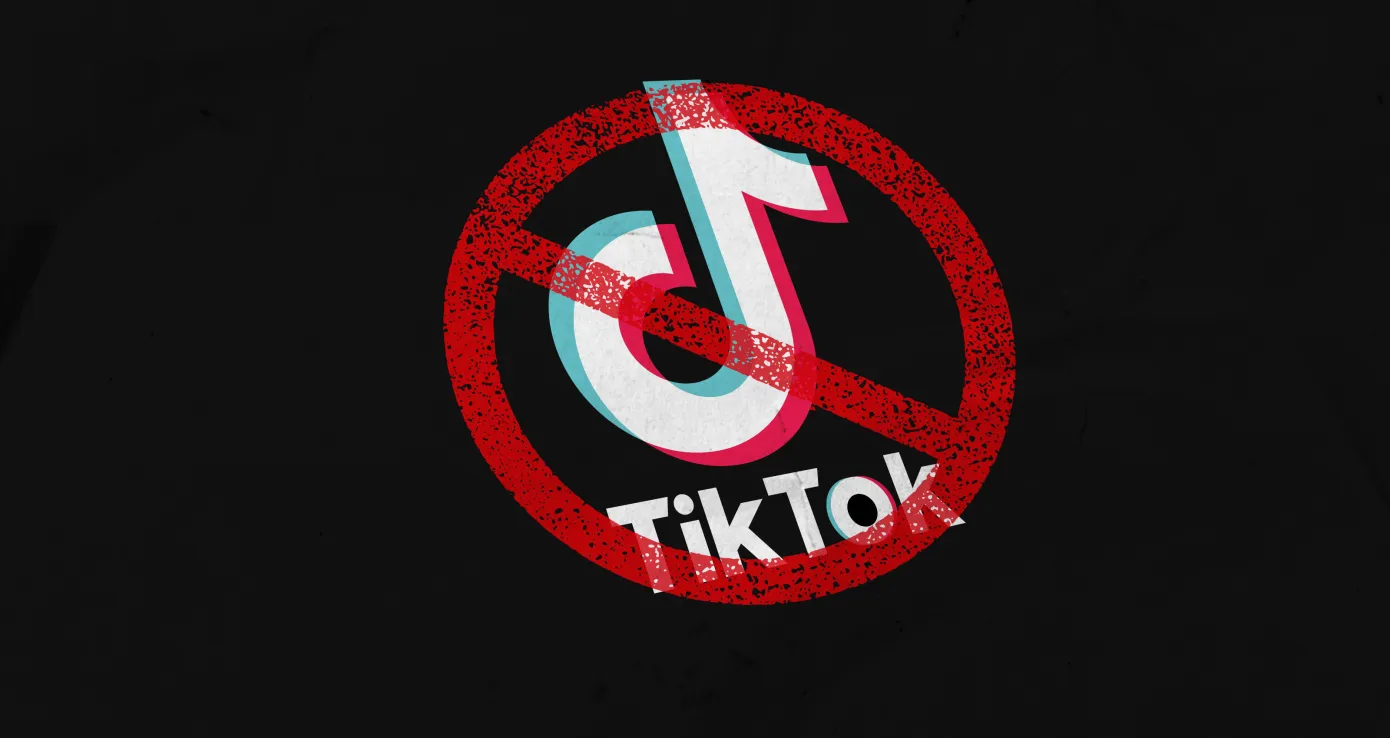The recent signing of the TikTok ban into law by President Joe Biden has triggered a flurry of reactions and raised questions about the future of the popular social media platform in the United States. The legislation, included as part of broader measures such as military aid for Israel and Ukraine, imposes a deadline for TikTok’s parent company, ByteDance, to divest within nine months or face a ban on app stores distributing the TikTok app in the U.S.
The journey towards the TikTok ban’s enactment involved significant bipartisan support in Congress, with the bill receiving strong approval in both the House and the Senate. Concerns over TikTok’s ownership by Chinese tech giant ByteDance have prompted U.S. officials to take action, citing national security threats and potential leverage by adversaries.
Key figures such as Senate Majority Leader Chuck Schumer and Senate Intelligence Committee Chairman Mark Warner have voiced their support for measures to address the perceived national security risks posed by TikTok. The bill’s passage through both chambers of Congress underscores bipartisan consensus on the need to address these concerns.
The bill’s provisions outline requirements for ByteDance to divest its ownership of TikTok within a specified timeframe, with legal implications for app distribution and oversight by the president. Despite TikTok’s efforts to rally its user base against the legislation, including in-app messages urging users to contact their representatives, the bill passed with overwhelming support.
Critics of the TikTok ban argue that it unfairly targets a widely popular social network and could have negative implications for free expression. However, proponents emphasize the need to safeguard national security interests and prevent potential exploitation by foreign entities.
The signing of the TikTok ban into law marks a significant milestone in the ongoing debate over the platform’s presence in the U.S. While TikTok has denied allegations of data compromise and foreign influence, the legislation reflects broader concerns about the intersection of technology, national security, and geopolitics.
As TikTok prepares to navigate the implications of the ban, including potential legal challenges, the saga underscores the complexities of regulating technology platforms in an increasingly interconnected world. The outcome of this legislative action will shape the future landscape of social media and cybersecurity policy in the U.S.









